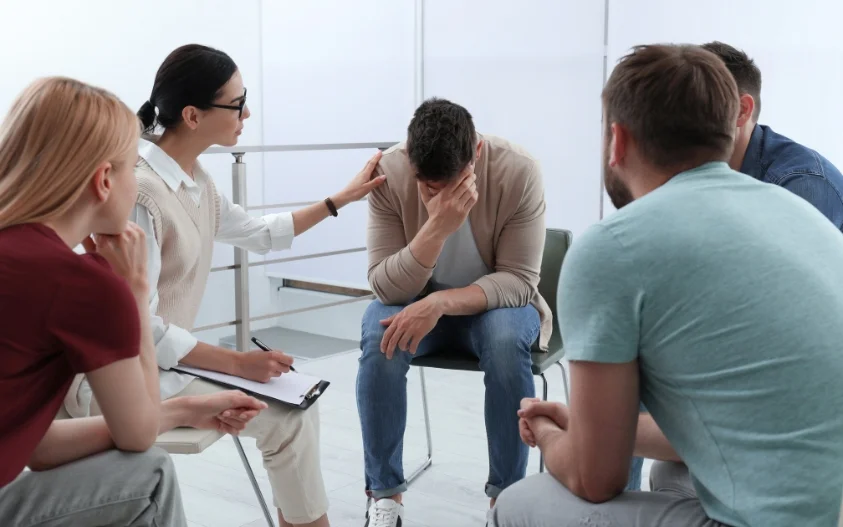24/7 Helpline:
(866) 899-221924/7 Helpline:
(866) 899-2219
Learn more about Morphine Rehab centers in Beaver County
Other Categories in Beaver County

Other Insurance Options

Cigna

Holman Group

AllWell

Molina Healthcare

Health Net

Lucent

Amerigroup

Health Choice

American Behavioral

Coventry Health Care

Aetna
Beacon

Humana

Group Health Incorporated

Highmark

Evernorth

MHNNet Behavioral Health

Kaiser Permanente

MVP Healthcare

Ceridian

Gateway Rehab
Gateway Rehab provides alcohol and drug addiction treatment to men and women throughout Pennsylvania...

Pinnacle Treatment Services
Pinnacle Treatment Services is a private rehab located in Aliquippa, Pennsylvania. Pinnacle Treatmen...












































































































































































































































































































Meridian Behavioral Health
Meridian Behavioral Health offers outpatient and inpatient treatment for individuals with alcohol an...

Gateway Rehab – Baden
Gateway Rehab - Baden provides flexible and confidential outpatient treatment required by those who ...

5 Steps to Addiction Freedom
5 Steps to Addiction Freedom is a private rehab located in Aliquippa, Pennsylvania. 5 Steps to Addic...

Gateway Rehab – Cece’s Place
Gateway Rehab - Cece's Place provides a supportive home environment where patients who had completed...

Centers for Rehabilitation Services
Centers for Rehabilitation Services is a private rehab located in Aliquippa, Pennsylvania. Centers f...




































































































